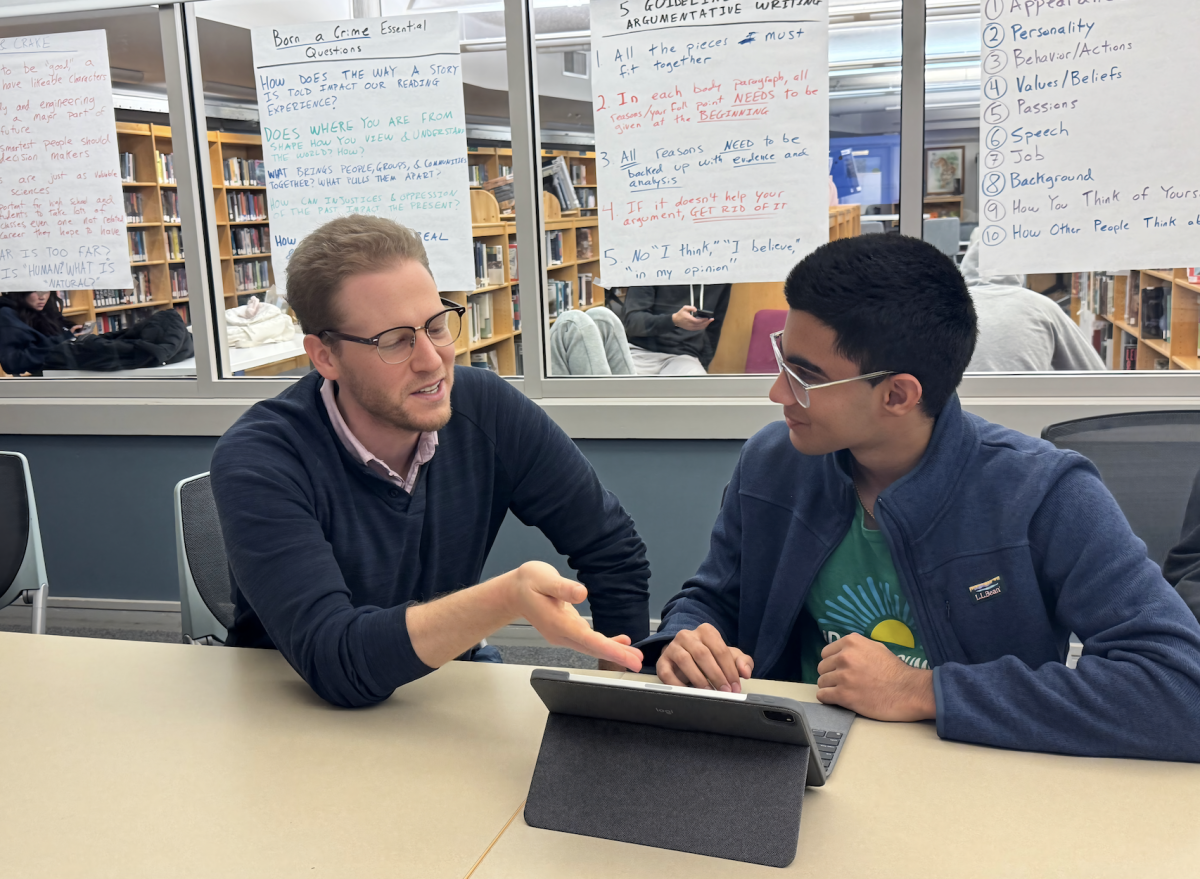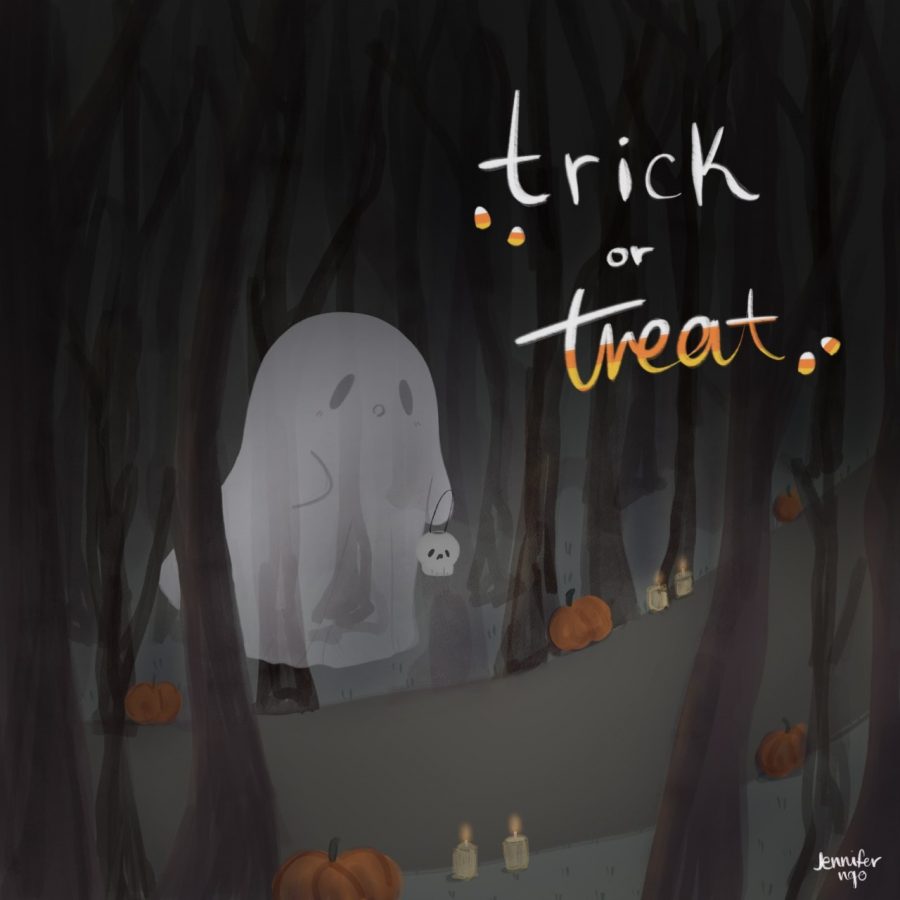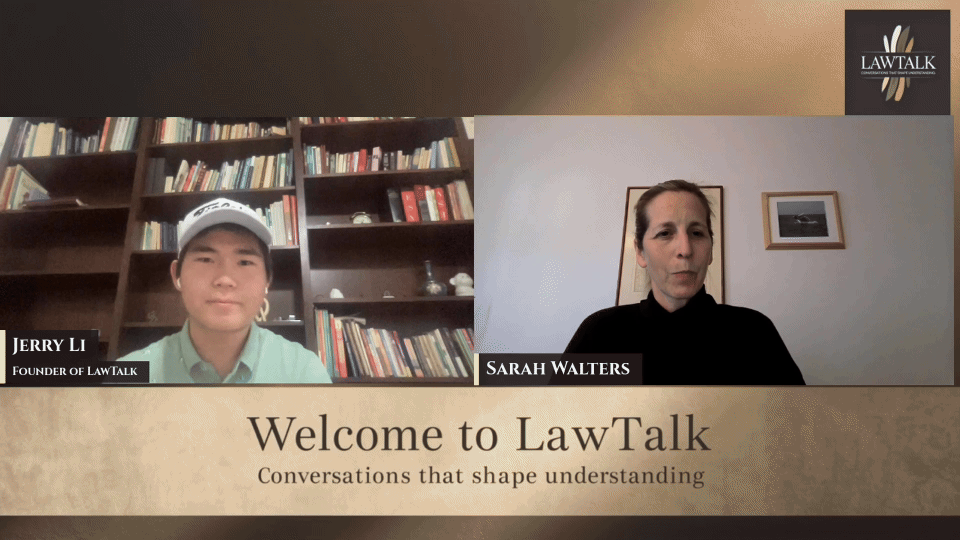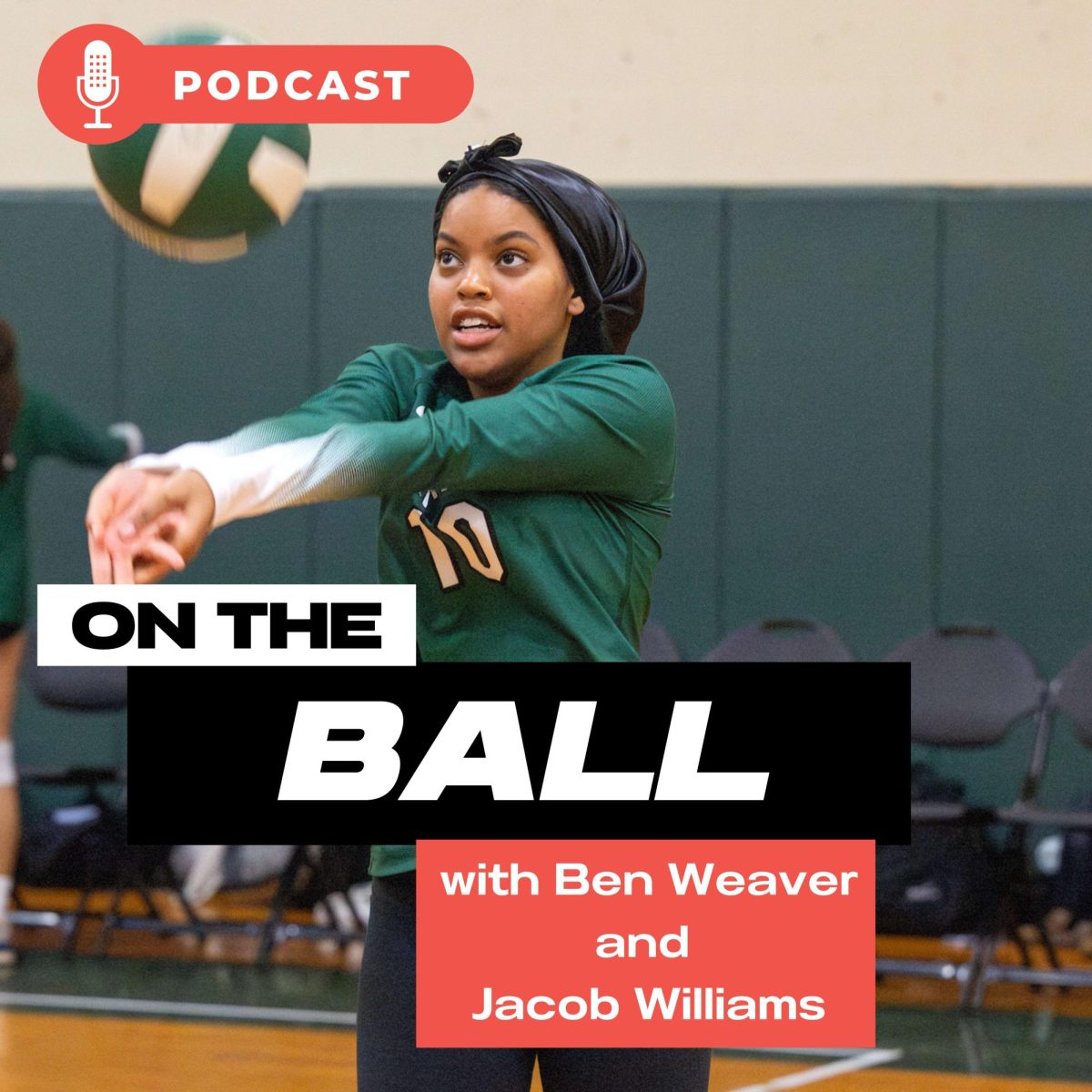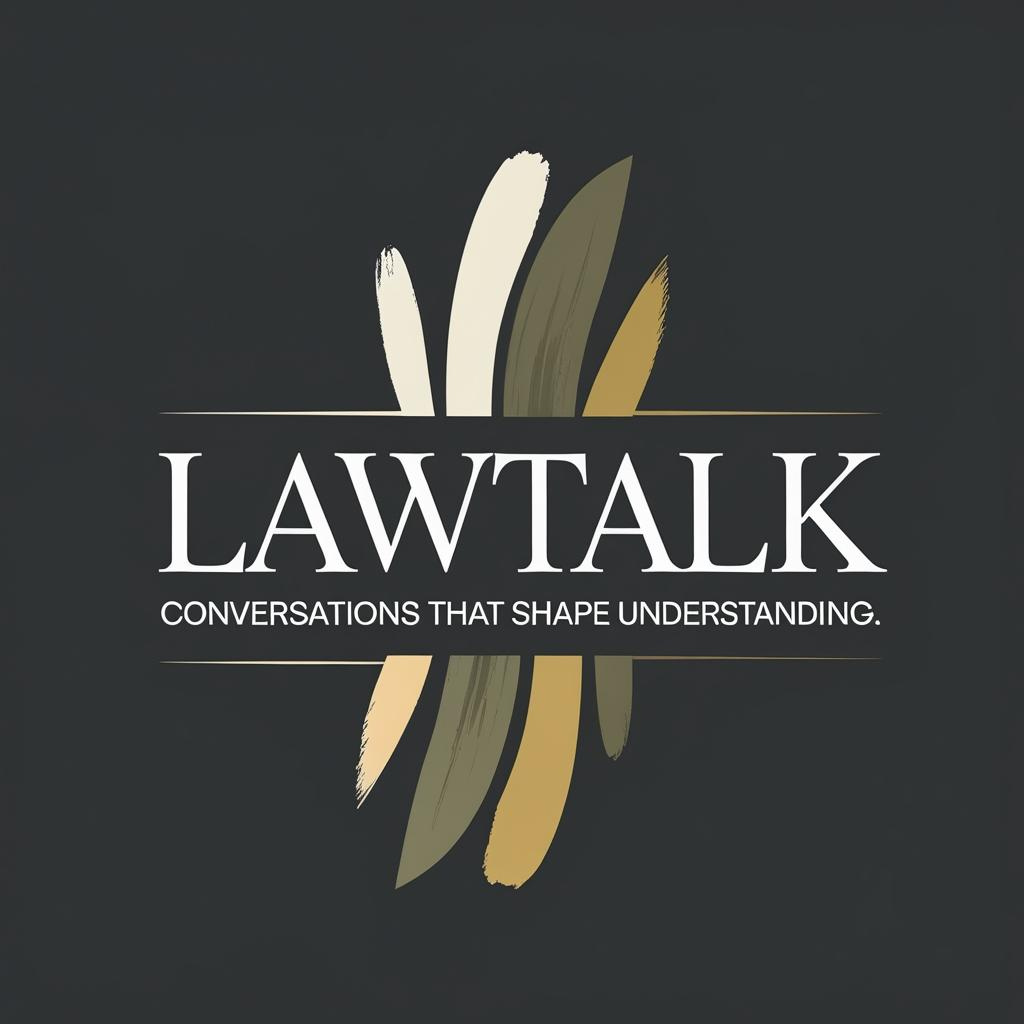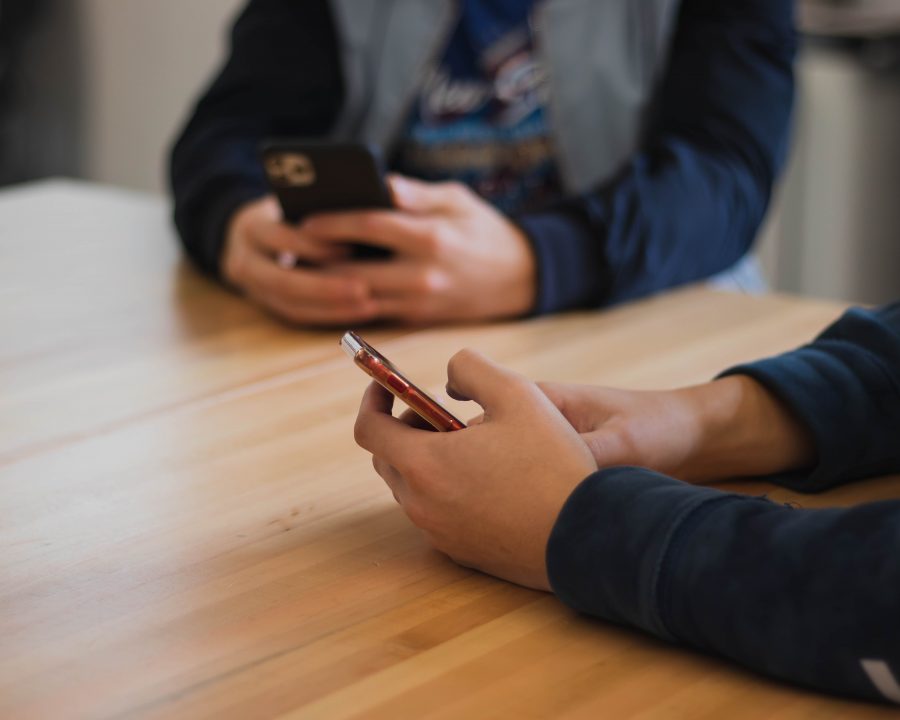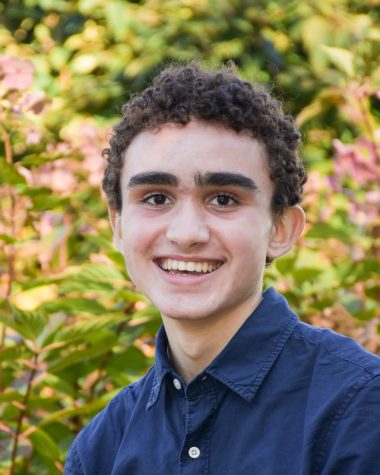Op-Ed: Internet Addiction is Real
Photo illustration by Edan Zinn ’23.
October 22, 2019
Facebook has over 3 billion users and counting, followed by Instagram with 1 billion and Twitter with 330 million.
With those numbers, we know that social media is a distraction, but is it actually addictive?
The answer is an unequivocal yes.
According to Act for Youth, a research tank out of Cornell University, nine out of ten teenagers use some kind of social media. Over 70 percent of teens also use more than one form of social media.
With social influencers across platforms, it’s easy to get caught up in what people are posting, beyond quickly staying in touch with friends on Facebook, Snapchat, and Instagram.

According to School Nurse Beth Escobar, Internet addiction also impacts this community.
“Internet addition is like any other addiction,” Escobar said. “With repeated use, a switch in the brain gets turned on and that starts a craving cycle that can be all-consuming and quite challenging to extinguish. Internet addiction can be viewed as a drug. It can excite as well as numb you.”
According to a recent article in The Guardian, British politicians are “proposing that internet addiction could be classified as a disease, and that research into its impact on mental health could be funded by taxing social media companies.”
The article also cites academic surveys, showing that 27 percent of children who spend three or more hours a day online show symptoms of mental health issues. This correlates with a higher chance of teens developing anxiety, depression, and other problems.
Last fall, Common Sense Media reported that more teens prefer texting to talking to others in person. Moreover, most teens say that social media apps keep them both distracted and awake at night.
In a recent NPR article about Internet addiction, Dr. Anna Lembke, a Stanford University psychiatrist and assistant professor in addiction medicine, offered her expert opinion.
“Addiction begins with intermittent to recreational use, then progresses into daily use, and then progresses into consequential use, which in some cases will progress to life-threatening use,” Lembke told NPR.
Social media, which is ubiquitous, can’t and shouldn’t be forbidden. But as a community, we must continue to engage in discussions with our peers and teachers about healthy and unhealthy use.
“In many ways, social media makes it too easy for kids to navigate social situations,” Escobar said. “They may think it’s an easier way out, but in the long run it’s a terrible disservice because no one learns how to communicate with an actual person.”
Escobar recommends being open and honest about our own Internet tendencies.
“If someone feels out of control, there are mental health programs to help learn new strategies to curb use. Just like food, gambling, or shopping, there are self-help groups out there,” Escobar said.
Social media isn’t inherently bad, but we should limit our use of it—especially if we hope to form strong relationships with others. I’m reminded of a famous quote by the late Edward R. Murrow, one of our nation’s most respected broadcast journalists, speaking about the television.
“This instrument can teach, it can illuminate; yes, and even it can inspire. But it can do so only to the extent that humans are determined to use it to those ends. Otherwise, it’s nothing but wires and lights in a box.”
The same is true for all communication devices.
Editors’ note: If you believe that you suffer from Internet addiction, School Nurse Beth Escobar, school counselors, and administrators are available to offer support

